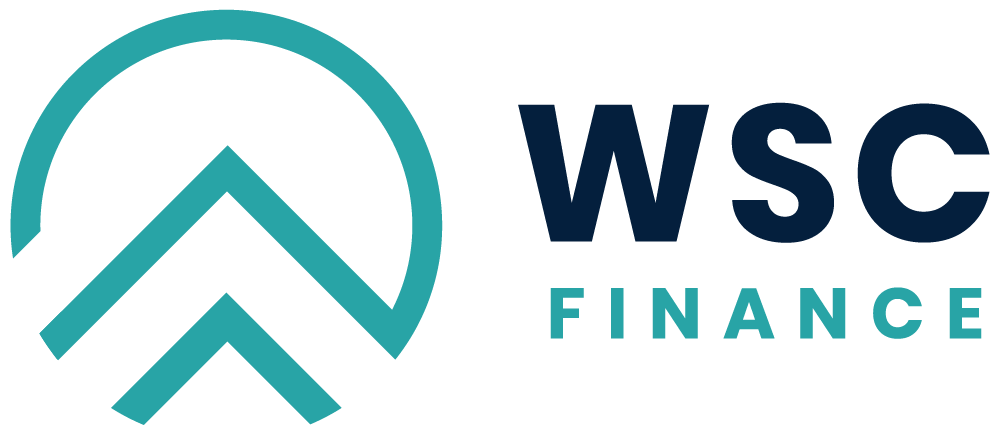When your business needs financing, choosing the right type of loan can significantly impact your financial health and operational success. Whether you’re looking to expand, purchase new equipment, or manage cash flow, understanding the differences between secured and unsecured loans is crucial. In this guide, we’ll break down these two loan types, their benefits, and their risks to help you make an informed decision for your business.
What is a Secured Loan?
A secured loan is a type of business loan that is backed by collateral. Collateral is an asset that your business owns, such as property, equipment, or accounts receivable, which the lender can seize if you default on the loan. Because the lender has the security of the collateral, secured loans often come with lower interest rates and more favorable terms than unsecured loans.
Common Types of Secured Business Loans
- Commercial Real Estate Loans: Used to purchase or renovate business property, with the property itself serving as collateral.
- Equipment Loans: Used to buy business equipment, with the equipment acting as collateral.
- Invoice Financing: Borrow against outstanding invoices, using the invoices as collateral.
- Secured Business Lines of Credit: Flexible financing option with collateral such as inventory or accounts receivable.
Benefits of Secured Loans for Businesses
- Lower Interest Rates: Since lenders have collateral to fall back on, they offer lower interest rates.
- Higher Borrowing Limits: Businesses can often borrow larger amounts due to the reduced risk for lenders.
- Longer Repayment Terms: More favorable repayment schedules help manage cash flow more effectively.
- Easier Approval Process: With collateral, businesses with less-than-perfect credit can still secure financing.
Risks of Secured Loans for Businesses
- Asset Seizure: If your business defaults, you could lose valuable assets.
- Longer Processing Time: Evaluating collateral can make the loan approval process slower.
- Collateral Requirements: Not all businesses have sufficient assets to qualify for a secured loan.
What is an Unsecured Loan?
An unsecured loan does not require any collateral, making it an attractive option for businesses that may not have significant assets. However, because there is no collateral backing the loan, unsecured loans pose a higher risk to lenders, which typically results in higher interest rates and stricter qualification criteria.
Common Types of Unsecured Business Loans
- Business Credit Cards: Revolving credit with no collateral required, useful for managing short-term expenses.
- Term Loans: Fixed amounts of money borrowed and repaid over a set period, based solely on creditworthiness.
- Unsecured Business Lines of Credit: Flexible credit limits without the need for collateral.
- Merchant Cash Advances: Borrow against future credit card sales, typically repaid through a percentage of daily sales.
Benefits of Unsecured Loans for Businesses
- No Collateral Needed: Ideal for businesses without significant assets or unwilling to risk them.
- Faster Approval Process: Quicker access to funds due to the absence of collateral evaluation.
- Flexibility: Useful for covering various short-term financial needs without risking assets.
Risks of Unsecured Loans for Businesses
- Higher Interest Rates: Reflect the increased risk to lenders, raising the cost of borrowing.
- Lower Borrowing Limits: Businesses might not be able to secure as much funding compared to secured loans.
- Stricter Qualification Criteria: Requires strong credit history and financials, which can be challenging for newer businesses.
Choosing Between Secured and Unsecured Loans
The decision between secured and unsecured loans depends on various factors, including your business’s financial health, credit history, asset availability, and the specific purpose of the loan. Here are some considerations to help you decide:
- Evaluate Your Assets: If your business has valuable assets that you’re willing to use as collateral, a secured loan might offer better terms.
- Assess Your Creditworthiness: Strong credit and financial history might qualify you for favourable unsecured loan terms.
- Determine Your Needs: For significant investments like property or equipment, secured loans may be more suitable. For short-term expenses, an unsecured loan could be a better fit.
- Consider the Cost: Compare interest rates, fees, and repayment terms to understand the total cost of each loan option.
How WSC Finance Can Help
At WSC Finance, we specialise in helping businesses navigate the complexities of securing financing. Our team of experts understands the unique challenges and opportunities faced by companies across various industries. We offer personalised advice and tailored solutions to ensure you find the best financing option.
Ready to explore your financing options? Contact WSC Finance today to discuss your business loan needs. Our experienced team is here to guide you through the process and help you secure the funding to drive your business forward.
